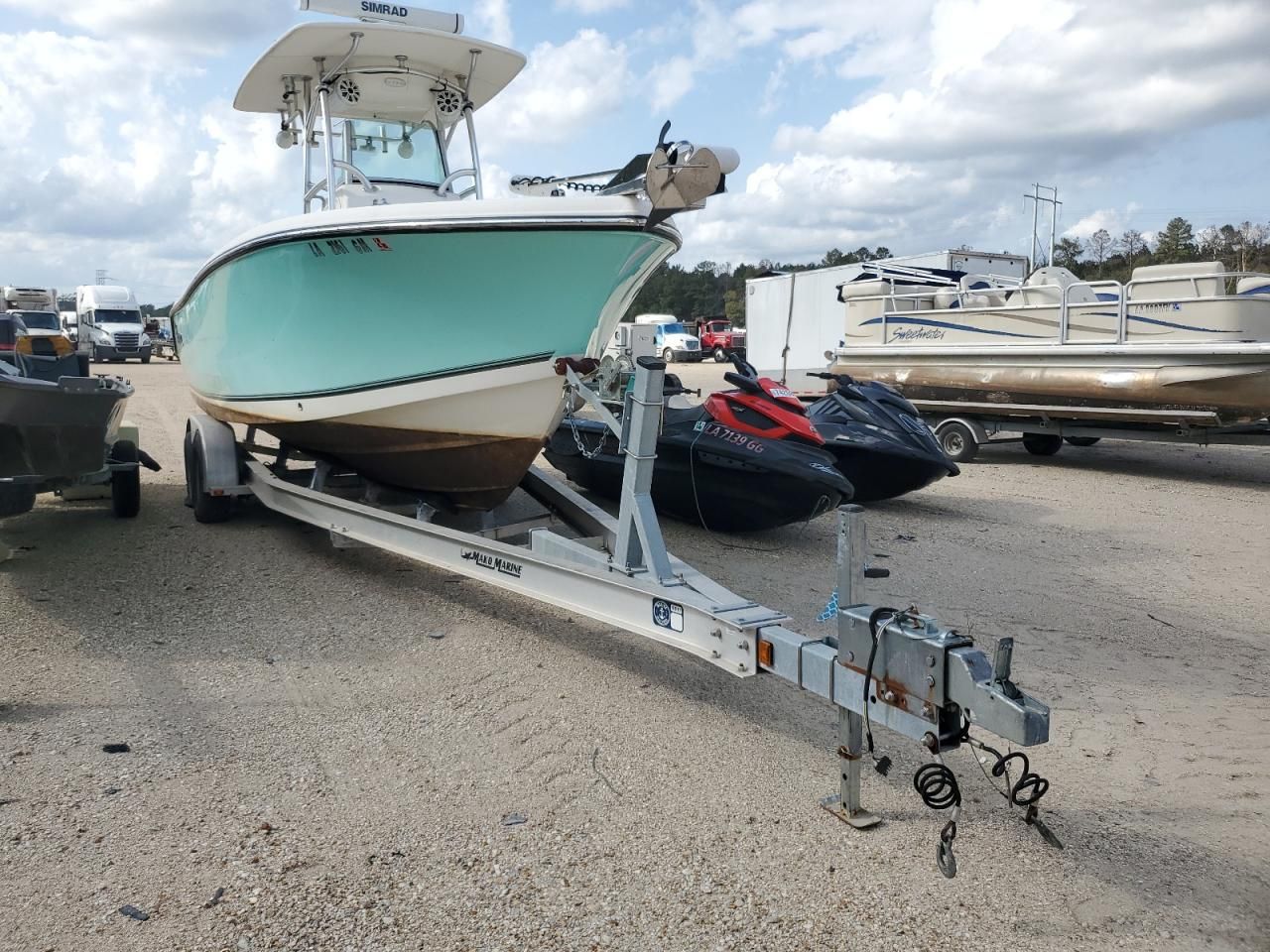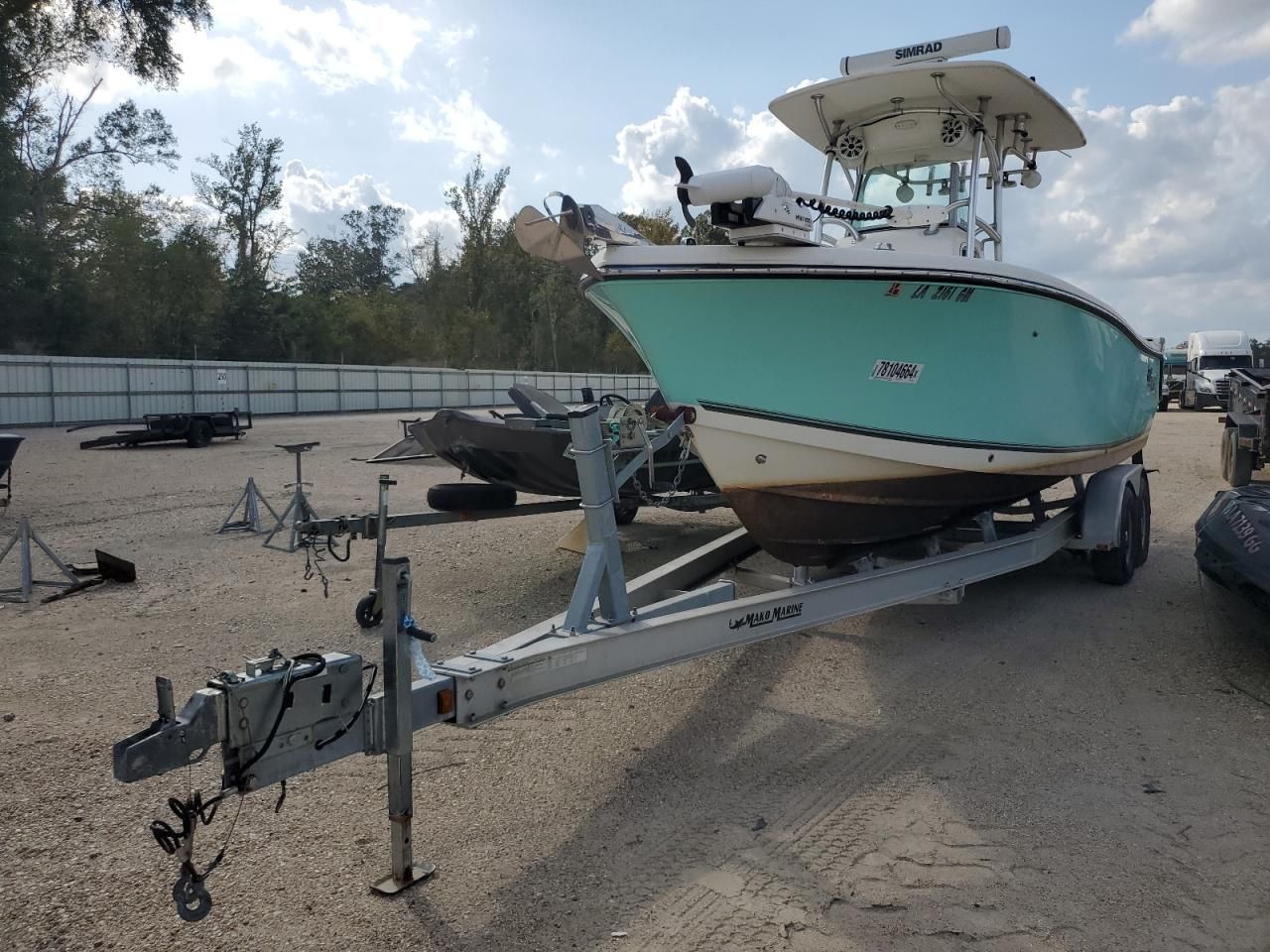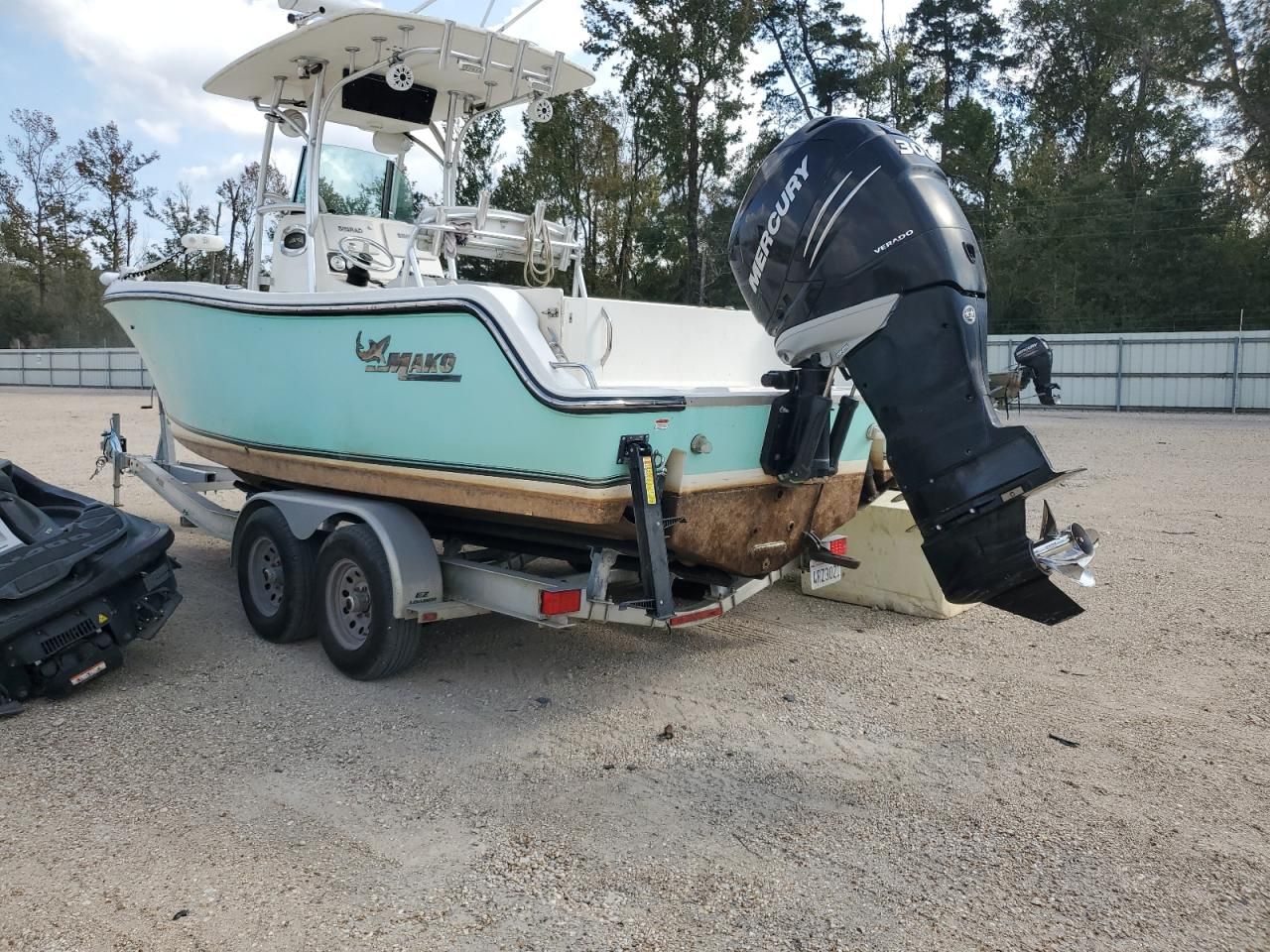How Much Can You Save by Buying Salvage Boats?

When you are considering purchasing a boat, be it to fish, for pleasure or for other water-related activities, price is usually a major factor in the process of making a decision. Boats that are brand new can cost a lot however, even second-hand boats with good condition usually have a high price. One option most smart buyers are considering are salvage vessels. However, how much could you truly save on buying salvage boats? What are the most important factors to take into consideration before making an investment? In this piece we’ll look at the possible savings, benefits and drawbacks of salvage vessels, as well as answer the most frequently asked questions regarding this particular market.
What are Salvage Boats?
Before you can dive into the savings, you must be aware of what salvage boats are. Salvage boats are vessels that were damaged or declared a complete loss by insurance firms because of accidents, natural catastrophes, theft recovery or any other incident. They are typically available for auction or specialist dealers. Typically, they are sold for a small fraction of their initial market value. Damage may range from minor cosmetic problems to serious structural damages.
Salvage boats are accompanied by the salvage title. This is a crucial consideration when buying. The title signifies that the boat has been damaged, but was later repaired or is deemed to be appropriate for repairs.
What Can You Save?
One of the most compelling reasons to purchase salvage vessels is the chance to make substantial savings. The average price for salvage boats are priced between 30% and 70% lower than similar boats that have clear titles. The precise discount is contingent on the degree of damages, the vessel’s brand and model, as well as the present marketplace demand.
As an example, a luxurious vessel worth $50,000 and an unblemished title could be sold for as little as $15,000 or $35,000, as a salvage vessel. It is a great option for buyers who wish to invest the time and money to make repairs to acquire a more expensive vessel with a more reasonable cost.
The biggest savings can be seen in relation to the current retail market, specifically when it comes to larger boats or those with high performance that’s why the price of purchase is high. It is important to take into account repairs, insurance options and the future value of resales to determine the real savings.

Factors that influence savings on Salvage boats
The amount you will save is based upon a number of key elements:
Intensity of Damage: A minor cosmetic or mechanical damage usually leads to less of a price cut when compared to boats that have major engine or hull problems are more likely to receive steep discounts.
Repair Costs: There are salvage boats that need extensive repairs that could result in significant cost. It’s crucial to determine this expense accurately so that you don’t risk spending too much.
Model and Age of the Boat: Older boats or less sought-after models usually are less salvageable. In contrast, the models with high demand have more value, even when they are in salvage conditions.
Buyer Experience: Experienced buyers or buyers with access to inexpensive repair and maintenance services could save through self-managing repairs.
Conditions of the Market: Boat prices fluctuate according to demand, seasonal as well as regional preference. When markets are in high demand, the price savings could be less because of bidding competition.
What are the dangers associated with buying salvage boats?
Although the benefits for finance can be attractive, salvage boats have potential risks that the buyer should be conscious of. Most important is the unpredictability of any damage. There are some issues that may not become apparent in the course of a routine inspection but can result in costly repairs later. Damage to the structure, particularly may compromise safety or safety.
In addition, salvage vessels may not have the best financing or insurance choices. A lot of lenders will not lend money to boats that have salvage titles. Insurance companies could be more expensive or deny insurance altogether. It could impact your total price and the ability to safeguard your investments.
Also, there is an issue with resales. Salvage title boats are often sold for less than the restored counterparts with clean title which means you won’t get back your money fully when you decide to sell the vessel.
Answers to the Most Common Questions about buying Salvage boats
Can you legally purchase and utilize salvage vessels?
It is true that buying and operating salvage vessels is permitted in most areas, if the vessel has been maintained and repaired to conform to security standards. Following repairs and inspections, the salvage title will generally be upgraded to a rebuilt repaired title, which permits the vessel to be legally registered and operate. You should verify local regulations to ensure that your boat is in compliance with legal and safety requirements prior to purchasing.
How do I determine the state of a salvage vessel prior to buying?
Examining the condition of a salvaged boat is a meticulous inspection, and may require an expert survey. Find signs of structural damages or water intrusion engines, water intrusion, and electrical system issues. Engaging a marine surveyor that has previous experience working on salvage boats will aid in finding hidden faults and calculate repair costs precisely. Also, examining the vessel’s historical report as well as the damage document will provide useful information about how much damage has been sustained in the past.

Who will benefit the most from purchasing Salvage Boats?
A salvage boat purchase is suitable for certain buyers. The first is boat owners who possess the ability to repair or fix their marine equipment typically find value in these. The buyers are able to repair the boat by themselves, reducing labor costs and modifying the boat to suit their own preferences.
Additionally, those with budgets looking for a bigger or better equipped boat that they could afford could find salvage boats appealing. These savings can allow access to boats which would otherwise be unattainable.
Thirdly, professionals or businesses who work in marine industries may buy salvage vessels for part or refurbishing. They can turn an income by reselling or making use of elements.
Conclusion
Purchase of salvage boats could bring significant savings typically ranging from 30% up to 70% when compared with similar non-salvage boats. Buyers who are prepared to make repairs or deal with the complexity of salvage title The financial advantages are evident. But, it’s important to make these purchases cautiously, making sure to conduct complete inspections as well as realistic repair estimates of costs.
The risk of hidden damages or insurance problems, as well as possible resales issues require buyers to be aware and ready. For those who are capable of handling the risks the salvage boat offers the chance to buy an excellent vessel for only a small fraction of the cost.
In the end, your decision to purchase salvage boats is contingent on the budget you have, your expertise and the willingness to invest for repair work. If you plan it carefully and with diligence, salvage vessels can prove to be a cost-effective, smart method of enjoying boating without spending a fortune.




